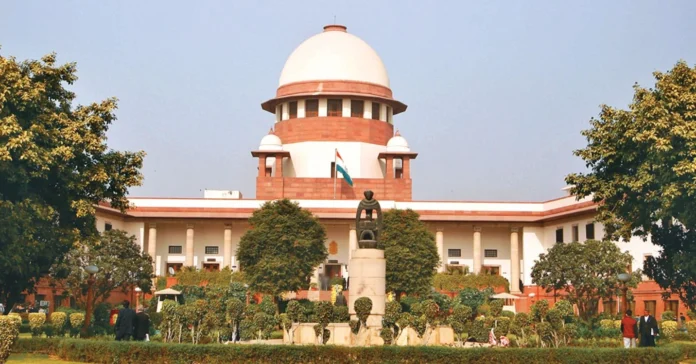The Supreme Court of India has asked the Union Government to submit a detailed response to petitions questioning the constitutional validity of the Promotion and Regulation of Online Gaming Act, 2025. The Act, which imposes restrictions on online real-money games including fantasy sports, rummy, poker, and other stake-based digital games has sparked widespread debate about its impact on India’s growing online gaming industry.
A Bench comprising Justices J.B. Pardiwala and K.V. Viswanathan heard multiple petitions filed by online gaming platforms, professional gamers, and industry associations. The Court directed the Centre to file its reply before the next hearing scheduled for November 26, 2025. The petitioners have also been allowed to submit rejoinders once the Centre’s affidavit is received.
The primary argument advanced by the petitioners is that the legislation fails to distinguish between games of skill and games of chance, treating both categories as gambling activities. They contend that this blanket approach infringes upon the right to carry on trade or profession guaranteed under Article 19(1)(g) of the Constitution. One of the petitioners, a professional chess player, highlighted that the new law adversely affects legitimate, skill-based gaming and e-sports, which are globally recognised as professional careers.
The petitions further argue that the new law intrudes into the legislative domain of states, since gambling and betting are subjects under the State List of the Constitution. They also contend that the restrictions imposed are disproportionate and arbitrary, violating the principle of reasonable classification.
The Union Government, on the other hand, is expected to justify the legislation on the grounds of protecting citizens from addiction, financial fraud, and unregulated money flows associated with online betting. It may also rely on its powers to regulate digital platforms and safeguard public interest under the Information Technology Act and related statutes.
The Court is also examining a separate public interest litigation seeking stricter enforcement against unlicensed online betting platforms and mobile applications operating under the guise of e-sports and casual gaming. This PIL has been clubbed with the main batch


